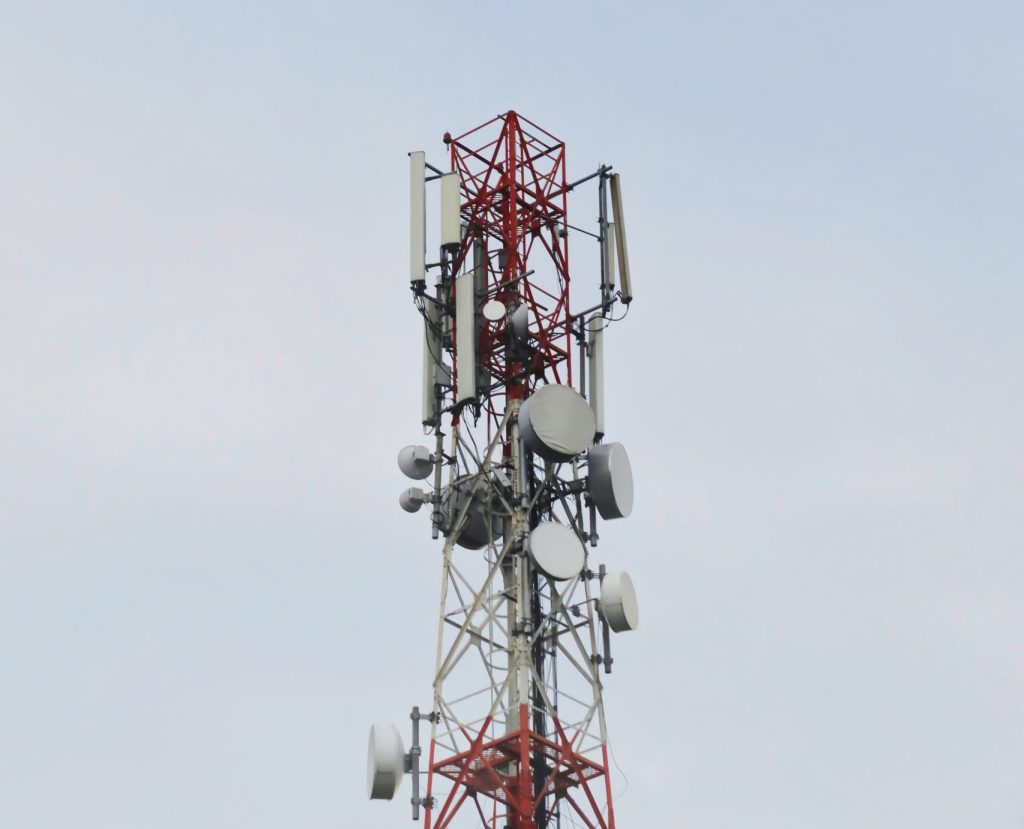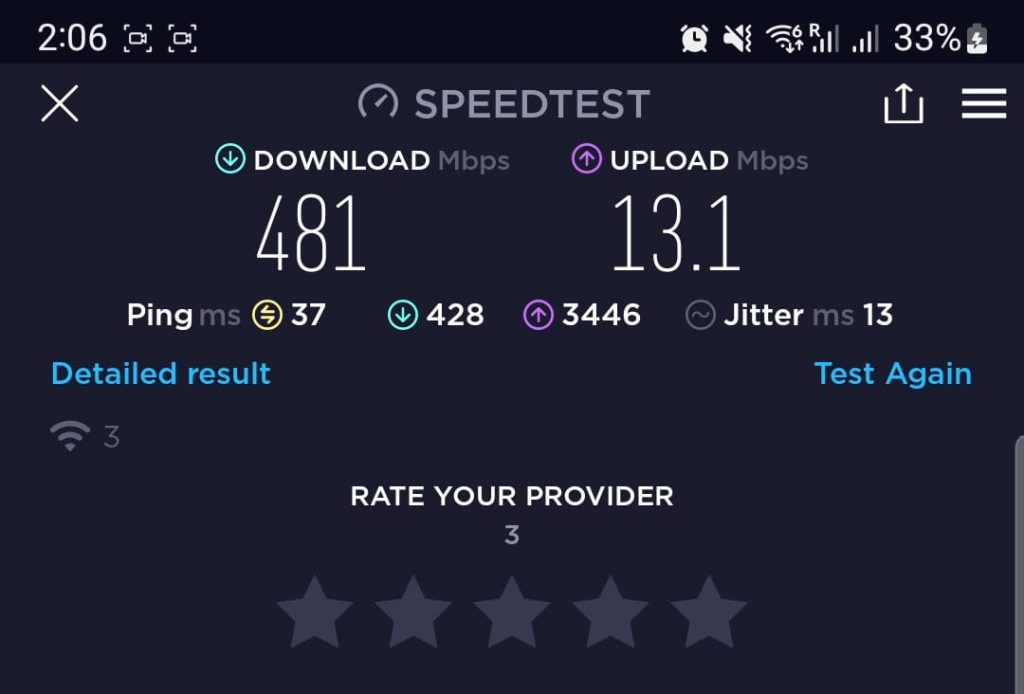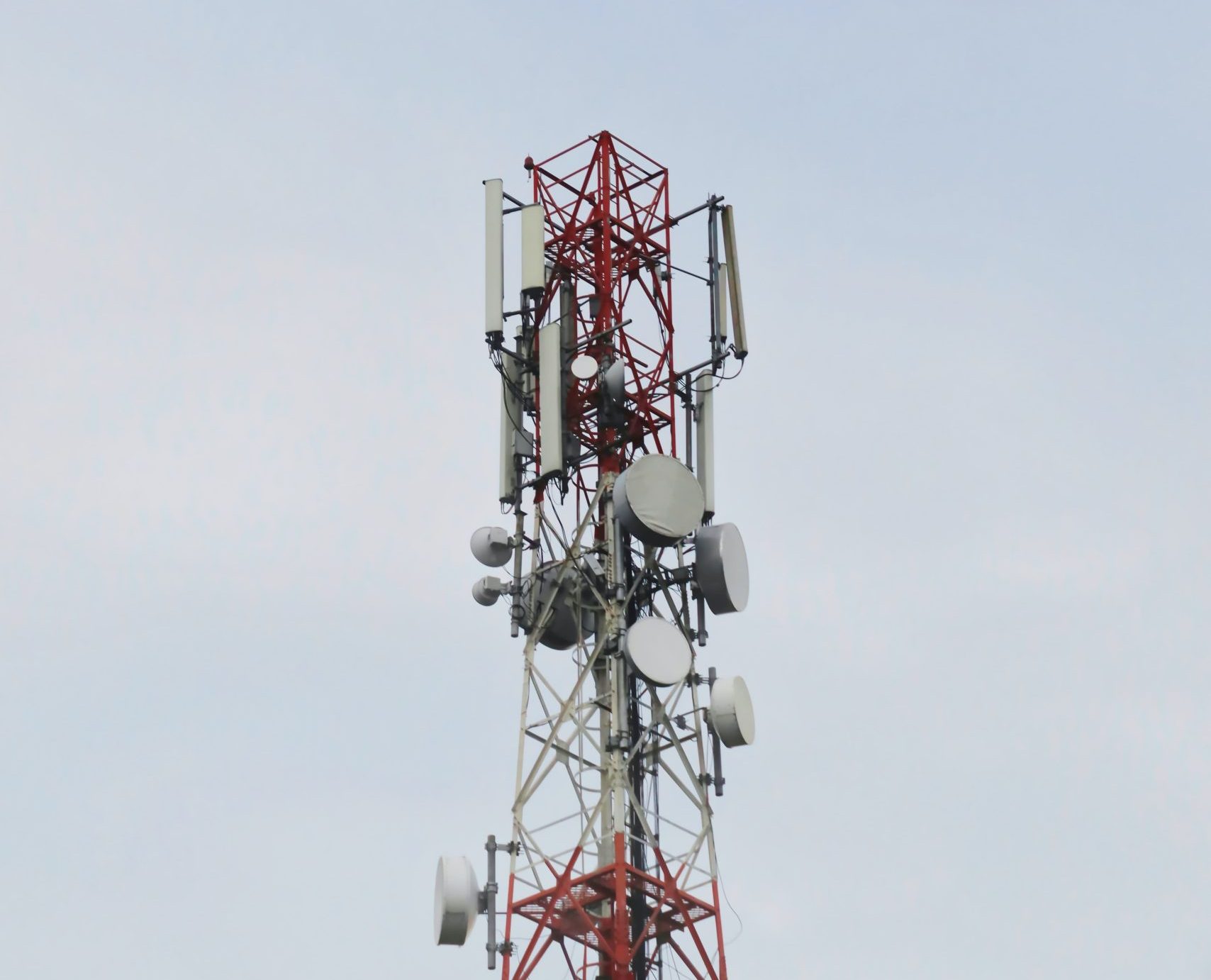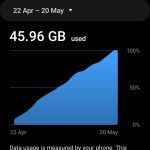Not sure whether to choose 4G LTE or 5G mobile broadband?
In this guide, we’ve explained some of the key differences between 4G and 5G broadband, so you can decide which is best for getting online at home.
4G vs 5G availability

5G is available in most major European cities at the moment, as well as in many large towns and surrounding urban areas.
The availability of 5G depends on where you live. In Sweden and Finland for example, a lot of investment has been made into 5G infrastructure in rural areas as well as cities, but this isn’t the case in France, Italy, or Germany. For example, in Sweden, the current target is to have 90% of the population covered by 5G within the next year, and they’re well on-track to achieve this.
4G is much more widely available than 5G in most European countries. You’re more likely to get 4G instead of 5G if you live in a small village or somewhere remote, although you might be able to get both if you live in Scandinavia, even if you’re in a remote area.
4G vs 5G cost
With most mobile broadband tariffs, you can expect to pay about 10-20% more for a 5G download speed, instead of 4G connectivity.
However, in countries like Sweden that have extremely good 5G coverage, nearly all mobile broadband tariffs are sold with 5G speeds, and you’ll only use 4G if you can’t get 5G. Most 5G routers support the ability to use 4G if 5G isn’t available.
The exact cost of 4G or 5G broadband can vary massively from country to country. In some countries, like Belgium, mobile broadband is so expensive that it’s not worth considering. On the other hand, in Finland, using 4G or 5G is cheaper than getting a fibre broadband connection.
Most of the time, you can expect to pay about €30-€40 per month for 4G broadband with unlimited data, or €40-€50 per month for 5G internet.
The exact cost will depend on whether a Wi-Fi router is included in the tariff, and the length of the contract. It’s important to note, 5G routers are currently much more expensive than 4G routers, which is part of the reason why 5G is a decent bit more expensive to use.
4G vs 5G download and upload speeds

Here are the download speeds you can expect to receive with 4G LTE and 5G broadband:
- 4G/LTE: up to 100 Mbit/s download speed, sometimes up to 200 Mbit/s on LTE in certain countries, like Finland. Your average speed will be about 50 Mbit/s most of the time.
- 5G: up to 1000 Mbit/s download speed, although this may be restricted to 500-600 Mbit/s in certain countries with certain broadband providers. Your average speed will be about 300-500 Mbit/s most of the time.
Upload speeds can vary quite a lot, depending on how the mobile network operator has set up their infrastructure. You can typically expect an upload speed of 7-12 Mbit/s with 4G, or 10-30 Mbit/s with 5G.
Although it’s a bit more expensive, 5G broadband is nearly always significantly faster than 4G. It’s worth making the upgrade most of the time, in our opinion, unless you’re in a situation where you need to buy a 5G router, and doing so would be much more expensive than buying a 4G router.
The other benefit of 5G over 4G is the network can handle more connected devices at once, all else being equal. This can mean that you’re less likely to experience network congestion when lots of people get online at the same time.
4G vs 5G latency
Although 5G is theoretically supposed to have much lower latency than 4G, in the real world, the latency you’ll experience with both technologies is about the same.
- 4G normally has a latency of about 35-50 ms.
- 5G normally has a latency of about 25-40 ms.
You can get a lower value (10-20 ms) if you are near a network mast, and have a direct line of sight to it.
The best way to see exactly what speeds and latency you’ll get with 4G and 5G is to get a 5G-enabled mobile phone, and use a speed testing app. Do a speed test with 5G, then turn 5G off, and compare the two results.
You might also like to test using someone else’s phone, if you’re considering using a different network for mobile broadband.

I’m Roger, and I’m the founder of Broadband 4 Europe.
I grew up in Switzerland but live in Germany now, and also lived in South Tirol for a while in the past.
I have a background in IT and have performed extensive research into the broadband markets of most major European countries. Learning about fixed-line broadband markets is my nerdy hobby, but I’m also excited by the possibilities that 5G (and eventually 6G) broadband will provide us in the future.
When I’m not researching broadband companies and their networks, you’ll find me playing volleyball or the piano.




